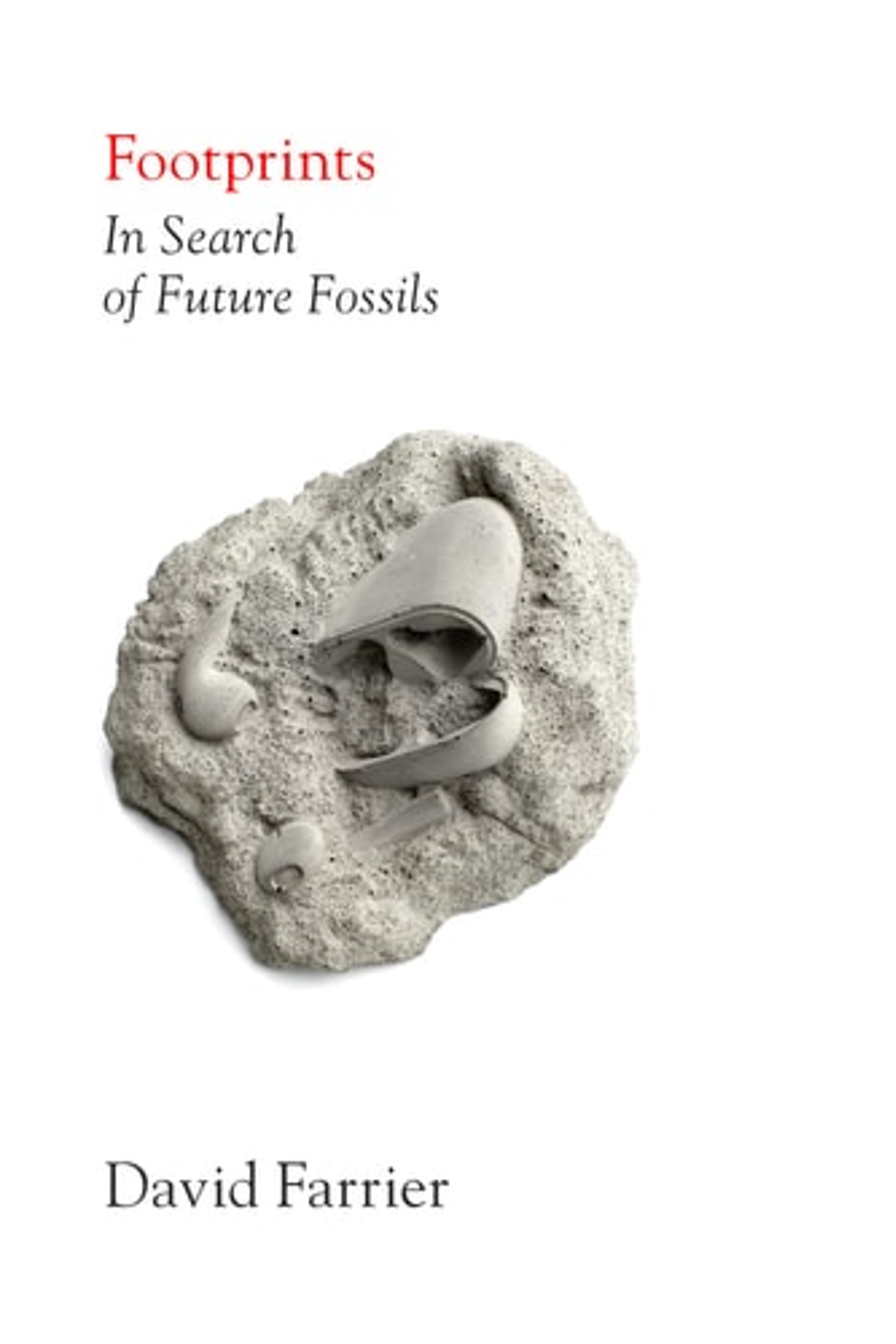“Footprints” by David Farrier is a captivating exploration of the Anthropocene, challenging us to confront the lasting impact humanity will have on the Earth. Published by Fourth Estate, this thought-provoking hardcover delves into what future civilizations will discern from the geological and industrial traces we leave behind the “future fossils” of our era. Farrier masterfully interweaves science, art, and literature to paint a vivid picture of a planet irrevocably altered by human activity. From persistent plastics to enduring nuclear waste, he examines the materials destined to become the strata of tomorrow, prompting reflection on our legacy and responsibility to future generations. “Footprints” journeys from melting ice cores to sprawling megacities, offering a global perspective on the environmental challenges and the potential for change. A compelling read for anyone interested in climate change, environmental philosophy, and the long-term consequences of our actions. Discover the profound implications of our modern world and how it will be remembered.
Footprints
22,74 $
In stock
A profound meditation on climate change and the Anthropocene and an urgent search for the fossilsindustrial, chemical, geologicalthat humans are leaving behind
What will the world look like ten thousand or ten million years from now?
In Footprints, David Farrier explores what traces we will leave for the very deep future. From long-lived materials like plastic and nuclear waste, to the 50 million kilometres of roads spanning the planet, in modern times we have created numerous objects and landscapes with the potential to endure through deep time. Our carbon could linger in the atmosphere for 100,000 years, and the remains of our cities will still exist millions of years from now as a layer in the rock. These future fossils have the potential to tell remarkable stories about how we lived in the twenty-first century.
Through literature, art, and science, Footprints invites us to think about how we will be remembered in the myths, stories, and languages of our distant descendants. Travelling from the Baltic Sea to the Great Barrier Reef, and from an ice core laboratory in Tasmania to Shanghai, one of the worlds biggest cities, David Farrier tells a story of a world that is changing rapidly, and with long-term consequences. Footprints will not only alter how you think about the future, it will change how you see the world today.
| Authors | |
|---|---|
| Binding | |
| Condition | |
| ISBN-10 | 0008286345 |
| ISBN-13 | 9780008286347 |
| Language | |
| Pages | 256 |
| Publisher | |
| Year published | |
| Weight | 430 |
Related products
Cajun Justice
15,49 $Landline
13,82 $Diary Of A Jetsetting Call Girl
14,15 $
- Additional information
- Currencies
- USD – United States dollar
- EUR – Euro
- GBP – Pound sterling
- CNY – Chinese yuan
- BRL – Brazilian real
- MXN – Mexican peso
- JPY – Japanese yen
- PHP – Philippine peso
- THB – Thai baht
- PLN – Polish złoty
- CAD – Canadian dollar
- MYR – Malaysian ringgit
- AUD – Australian dollar
- TWD – New Taiwan dollar
- CZK – Czech koruna
- SEK – Swedish krona
- HUF – Hungarian forint
- ILS – Israeli new shekel
- CHF – Swiss franc
- HKD – Hong Kong dollar
- DKK – Danish krone
- SGD – Singapore dollar
- NOK – Norwegian krone
- NZD – New Zealand dollar





